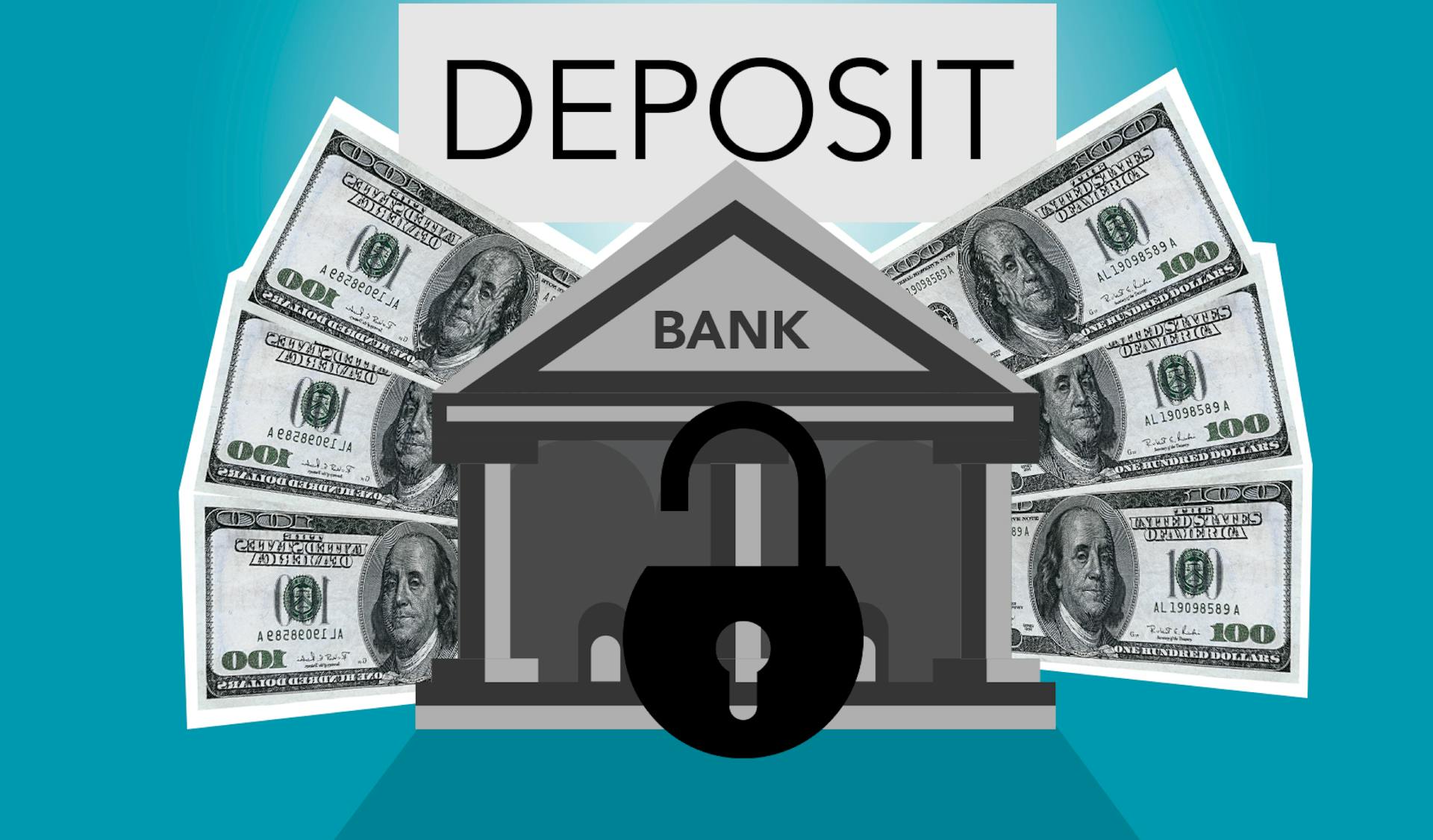
Heloc rates can be a bit confusing, but understanding the basics is key to making an informed decision. A fixed HELOC rate is locked in for a set period, typically 3 to 10 years, and remains the same over that time.
Variable HELOC rates, on the other hand, can change over time, often tied to market conditions. This means your monthly payment may increase or decrease based on changes in the prime lending rate.
Whether you choose a fixed or variable rate, it's essential to review your budget and consider your financial goals.
Curious to learn more? Check out: Figure Heloc Funding Time
How They Work
A Home Equity Line of Credit (HELOC) is a type of revolving credit that allows you to borrow money using the equity in your home as collateral.
Typically, HELOCs have a variable interest rate that is tied to a benchmark rate, such as the Prime Rate.
HELOCs usually have a draw period during which you can borrow money, and a repayment period where you pay back the borrowed amount with interest.
Intriguing read: Purchase Money Heloc
Variable HELOC rates can change over time, which means your monthly payments can increase if the interest rate goes up.
HELOCs often come with a credit limit, which is the maximum amount you can borrow at any given time.
The interest rate on a HELOC is usually calculated as a percentage of the outstanding balance.
HELOCs can be a good option for homeowners who need access to a large amount of money for a short period of time.
Variable HELOC rates can be influenced by the credit market, and may be affected by changes in the economy or government policies.
HELOCs usually require you to make regular payments, which can include interest and principal payments.
The interest rate on a HELOC can be fixed for a short period of time, known as the introductory period, before reverting to a variable rate.
HELOCs often have fees associated with them, such as origination fees and annual fees.
See what others are reading: Maximum Heloc Amount
Pros and Cons of HELOCs
HELOCs offer a convenient way to tap into your home's equity, but like any financial product, they have their downsides.
The main advantage of HELOCs is that they often have lower interest rates compared to other types of loans, such as credit cards or personal loans.
HELOCs can be a good option for homeowners who need to finance a large expense, like home renovations or medical bills.
However, HELOC rates can be variable, which means they can fluctuate based on market conditions, increasing the risk of higher payments over time.
Variable HELOC rates can be tied to a benchmark rate, such as the prime rate, and may increase or decrease accordingly.
Cons of
Using a HELOC can be a double-edged sword, and it's essential to consider the cons before making a decision.
HELOCs can be a significant source of debt, as they often have variable interest rates that can increase over time, potentially leading to higher monthly payments.
HELOCs can also put homeowners at risk of foreclosure if they're unable to make payments.
HELOCs often come with fees, including origination fees, annual fees, and late payment fees, which can add up quickly.
HELOCs can be a drain on your credit score if not managed properly, as missed or late payments can negatively affect your credit report.
HELOCs can also limit your ability to use other forms of credit, such as credit cards or personal loans, as they can account for a significant portion of your available credit.
Discover more: Are Credit Card Payments Fixed or Variable
What to Do with a High Interest Rate?
If you're stuck with a high interest rate on your HELOC, consider refinancing to a lower rate, which can save you up to $1,000 per year on interest payments.
A good credit score can also help you qualify for a lower interest rate, with a score of 720 or higher often resulting in a lower rate.
Managing My Budget
To effectively manage your budget, it's essential to understand the risks associated with HELOCs, such as the potential for variable interest rates and the possibility of overspending.
Variable interest rates can significantly impact your budget, as they can increase the amount of interest you pay over time. The average HELOC interest rate is around 6.5%, but it can range from 3.5% to 18% or more.
Creating a budget that accounts for these potential increases is crucial to avoid financial strain. Consider setting aside a portion of your income each month for unexpected expenses.
HELOCs often come with fees, such as origination fees and annual fees, which can add up quickly. For example, an origination fee of 2% to 5% of the loan amount can be a significant expense.
Prioritizing needs over wants is key to managing your budget effectively. Consider what expenses are essential and what can be cut back on.
A HELOC can provide a tax-deductible interest expense, but only if you use the funds for home improvements or other qualified expenses.
Discover more: 5 Day Heloc
Alternative Option
If you're not convinced that a HELOC is the right choice for you, there are alternative options to consider.
A personal loan can be a great alternative to a HELOC, allowing you to borrow a lump sum of money at a fixed interest rate.
You can also consider a home equity loan, which offers a fixed interest rate and a set repayment term.
A credit card or line of credit may also be an option, but be aware that these often come with higher interest rates and fees.
Some homeowners may also consider selling a valuable item or taking out a second mortgage to access the funds they need.
A different take: Alternative to Heloc
Managing HELOC Debt
Managing HELOC debt can be a challenge, especially if you're not aware of the terms and conditions of your loan. You can expect to pay a variable interest rate on your HELOC, which can increase or decrease over time.
If you're struggling to make payments, it's essential to review your budget and identify areas where you can cut back on expenses. According to our article, the average interest rate for a HELOC is around 5.5%, but this can vary depending on your lender and creditworthiness.
To avoid defaulting on your loan, make sure to communicate with your lender and explore options for temporary payment relief.
If this caught your attention, see: What Is a Heloc Lender
Managing High Interest Rates
High interest rates can make your HELOC debt feel like a heavy weight. One way to manage high interest rates is to consider refinancing your HELOC to a lower interest rate.
Many homeowners are unaware that their HELOC interest rates can fluctuate over time, sometimes increasing by as much as 2-3% every few years. This can lead to a significant increase in monthly payments.
Refinancing your HELOC can provide a lower interest rate, but it's essential to understand the terms and conditions of the new loan. Some refinancing options may come with fees or penalties that can offset the benefits of a lower interest rate.
To avoid falling into a refinancing trap, make sure to carefully review the terms of the new loan and compare it to your current HELOC.
Curious to learn more? Check out: How to Use a Heloc to Buy a New Home
Switching from a Home Equity Loan
Switching from a Home Equity Loan can be a complex process, but it's often necessary to avoid high interest rates and fees.
Home Equity Loans can have interest rates as high as 8-12%, which can lead to debt accumulation.
If you're struggling to make payments, it's essential to review your loan terms and consider refinancing or consolidating your debt.
Refinancing your Home Equity Loan can help you lower your interest rate and monthly payments, but be aware that you may be charged a refinancing fee.
According to the article, Home Equity Loans often have a 10-15 year repayment period, but refinancing can extend the repayment period, potentially leading to more interest paid over time.
To avoid this, consider consolidating your debt into a lower-interest loan or credit card, which may have a shorter repayment period and lower fees.
Keep in mind that consolidating debt can also affect your credit score, so it's essential to make timely payments and keep your credit utilization ratio low.
You might like: Does Heloc Affect Debt to Income Ratio
Sources
- https://www.rate.com/resources/heloc-faq
- https://www.firstnewyork.org/borrow/heloc/
- https://www.hsh.com/home-equity/home-equity-loan-and-line-pricing.html
- https://moneytips.com/loans/home-improvement/home-equity-line-of-credit/fixed-rate-heloc/
- https://www.moneygeek.com/heloc/understanding-variable-rates/
Featured Images: pexels.com


